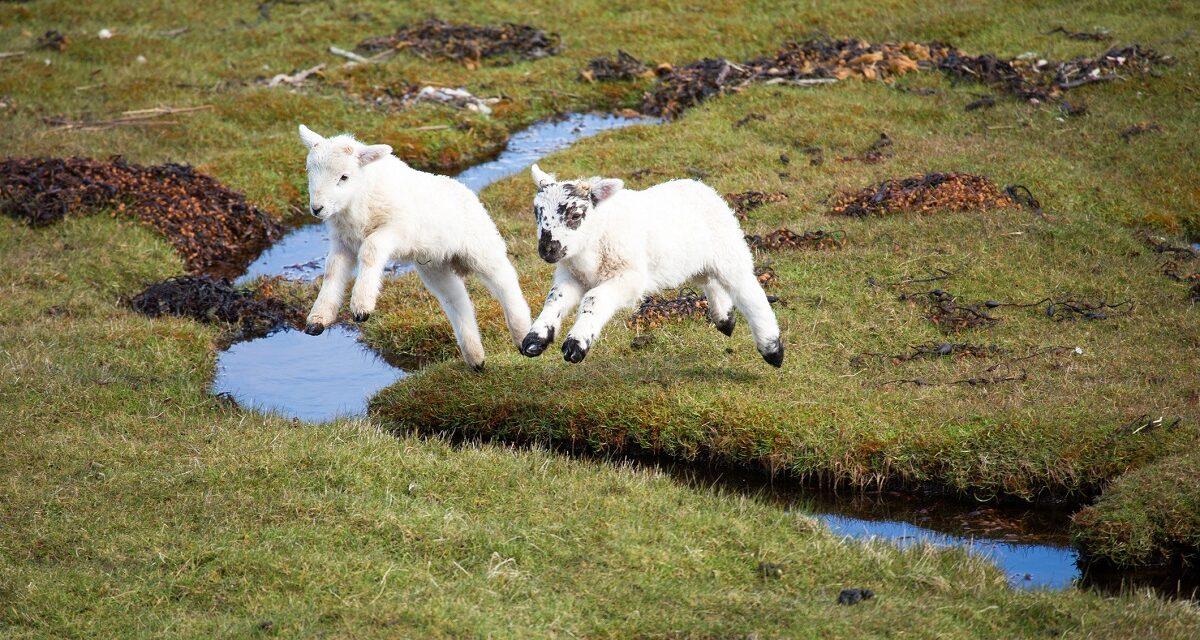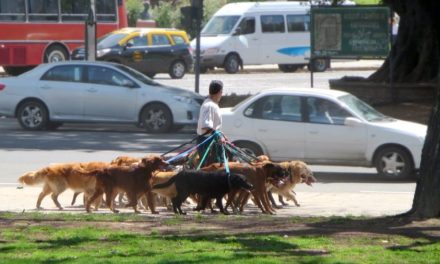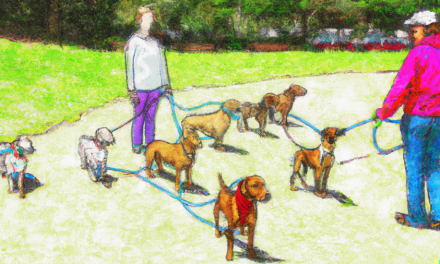As the lambing season heralds the arrival of Spring, farmers face mounting stress, particularly with the Easter weekend drawing crowds, many accompanied by dogs, to the countryside.
A recent report from Scotland’s Rural College (SRUC) underscores the need for legislative changes to mitigate dog-related incidents during this crucial period.
The report advocates for revisions to existing legislation, proposing higher fines for dog-related offences and a reassessment of livestock worrying guidelines. While the Land Reform (Scotland) Act 2003 and Scottish Outdoor Access Code (SOAC) delineate land users’ responsibilities, the report suggests refining the language to enhance clarity and eliminate ambiguity. Notably, it recommends replacing the term ‘close control’ with ‘short lead’ in the SOAC, simplifying guidelines for better comprehension.
Recommendations for Awareness and Enforcement
Key recommendations include the creation of an accessible version of the SOAC with visual aids for broader engagement, incorporation of educational materials on responsible dog ownership in puppy training classes and school curricula, and a shift from ‘right to roam’ to ‘responsible access’. The report also advocates for stricter enforcement measures, such as dog licensing, increased fines, and alignment of access guidelines across different land types.
Dr Kate Lamont, co-author of the report and a Behavioural Scientist at SRUC, highlights the distressing consequences of dog-related incidents on livestock, ranging from anxiety to severe injury and death. She emphasises the importance of keeping dogs under control near livestock, stressing the devastating impact that irresponsible dog ownership can have on farming communities.
The recommendations put forth in the report aim to foster a safer environment for both livestock and dog owners during the lambing season and beyond. For further insights into SRUC’s research initiatives, visit their website at www.sruc.ac.uk/research.








